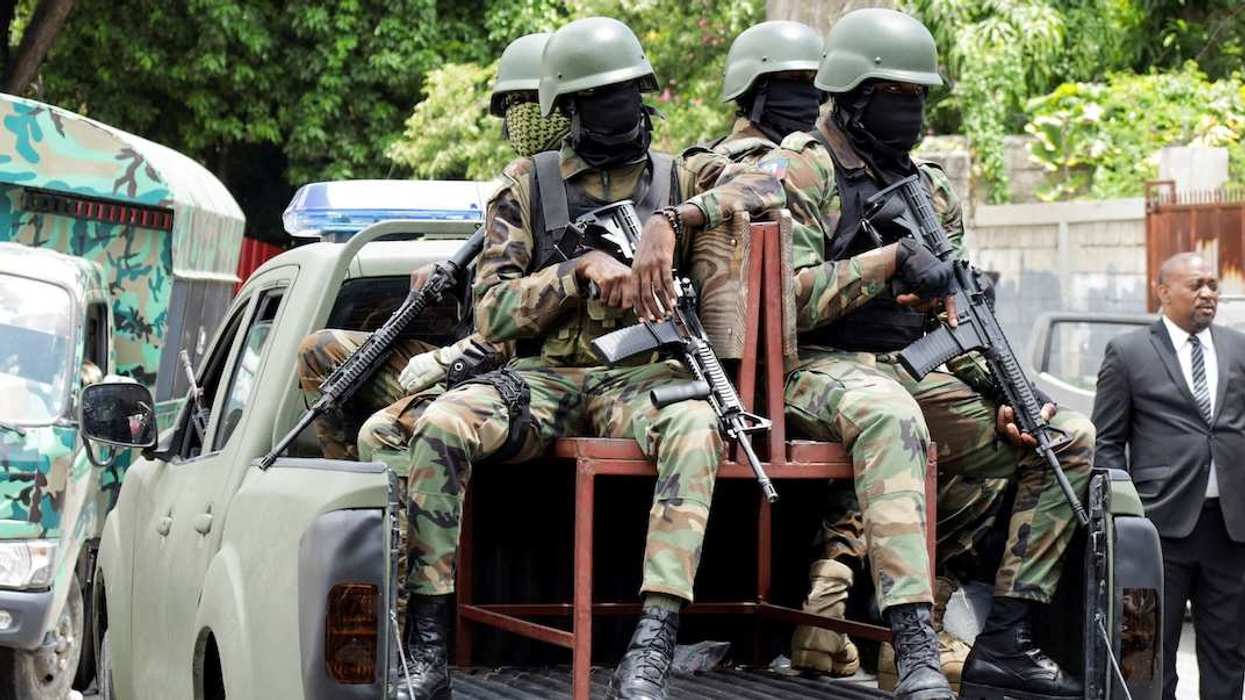Former President Donald Trump is hosting Viktor Orbán at his Florida resort on Thursday, less than a week after the Hungarian prime minister made controversial visits to Moscow and Beijing to meet with Russian President Vladimir Putin and Chinese President Xi Jinping.
Orbán was in the US this week for the NATO summit in Washington. Though his country is a member of the alliance, Orbán — an anti-immigrant politician who’s extremely popular with the US right wing — is frequently at odds with the West. His amiable demeanor toward the Kremlin, opposition to providing aid to Ukraine, and antidemocratic tendencies have made him an outsider in NATO and the EU.
Trump, a well-known NATO skeptic, has a lot in common with Orbán: He’s nationalistic, isn’t a fan of sending assistance to Kyiv, and has been criticized for palling around with authoritarians like Putin. And Orbán has notably endorsed Trump’s 2024 campaign.
Their Mar-a-Lago rendezvous came after NATO leaders spent several days discussing how to defend Ukraine and democracy — and as President Joe Biden desperately tries to salvage his presidential campaign amid calls for him to step aside. The meeting is indicative of what a Trump victory in November might do to boost the global right.
We’ll be watching to see what details emerge from the meeting, and whether it offers more insights on Trump’s plans for US policy on Ukraine if he wins reelection.
Piers Cazalet, director of defense and security cooperation at NATO, downplayed the significance of the Trump-Orbán meeting in comments to GZERO Media on Thursday at an event on the sidelines of the summit in Washington. There are "32 allied leaders" in the US for the summit and “it’s normal” for them to have a “broad range” of meetings “across the US political spectrum,” Cazalet said, adding, “That’s what democracy is about.”
But Polish Foreign Minister Radek Sikorski talked with Ian Bremmer on the sidelines of the summit for GZERO World and noted how Orbán’s rogue trips are in sharp contrast with NATO’s unified stance, which was on full display all week. Sikorski insists Orbán doesn’t represent the EU or NATO. Watch the interview here.

















